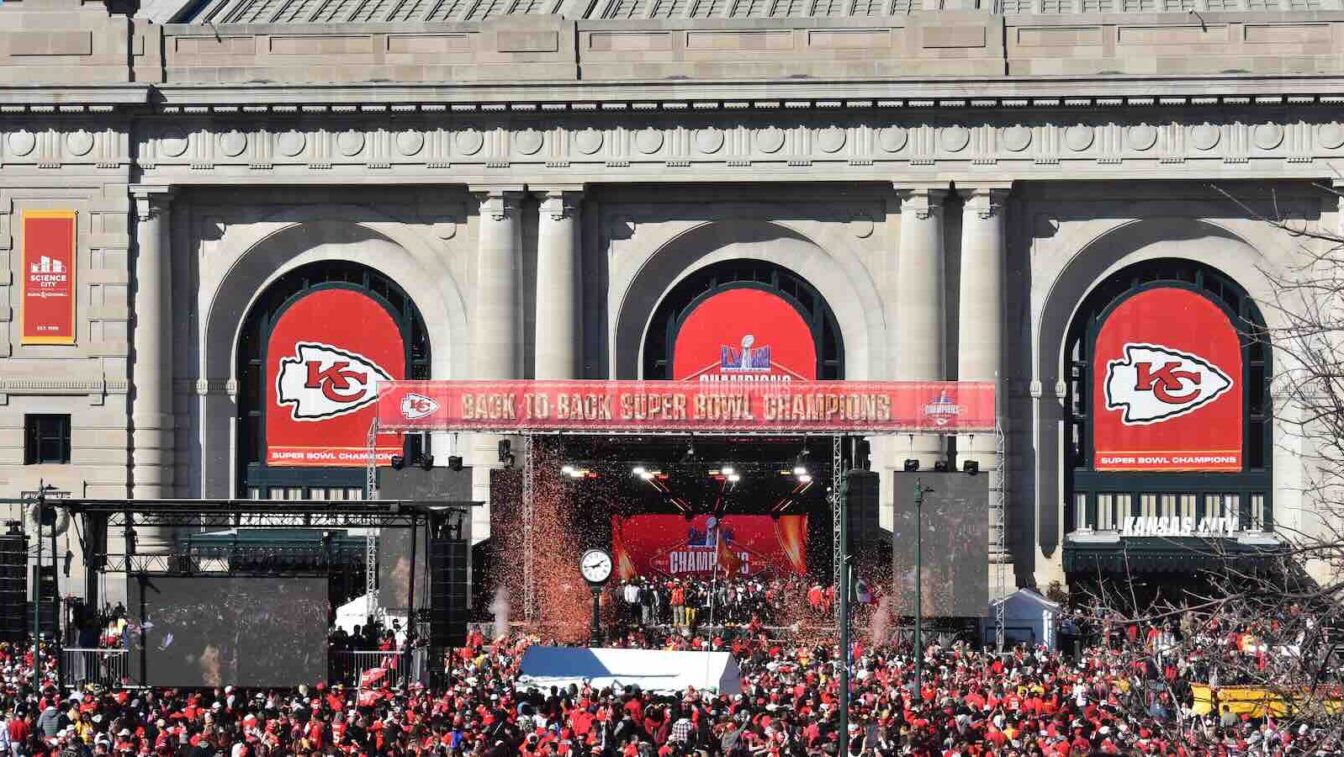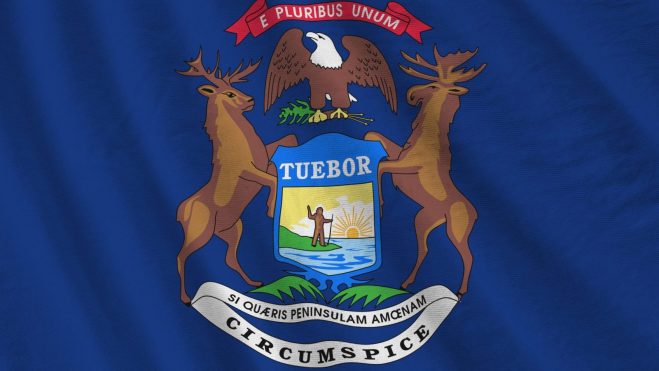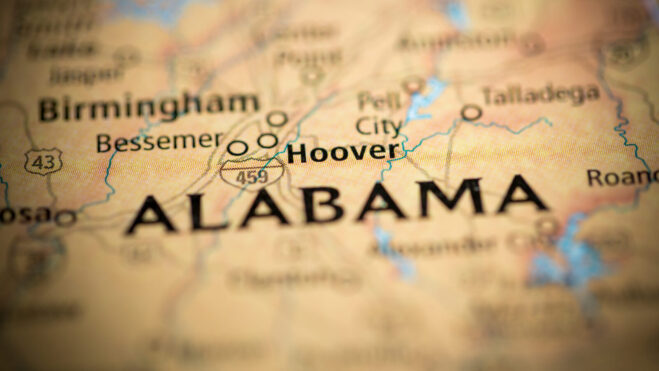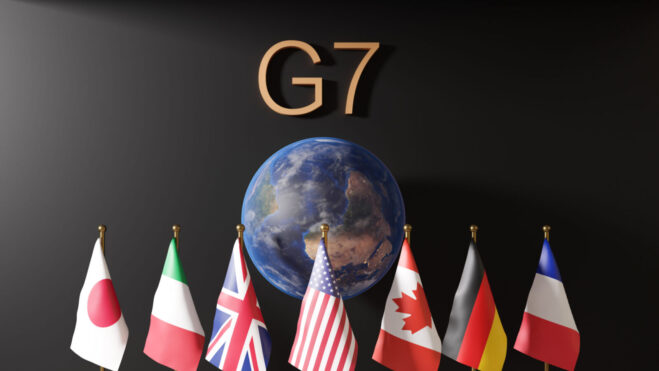Caesars Entertainment Arms Missouri Sports Betting Opposition Group With $4 Million Contribution
Caesars is unhappy with the way Missouri plans on rolling out legalized sports betting
3 min
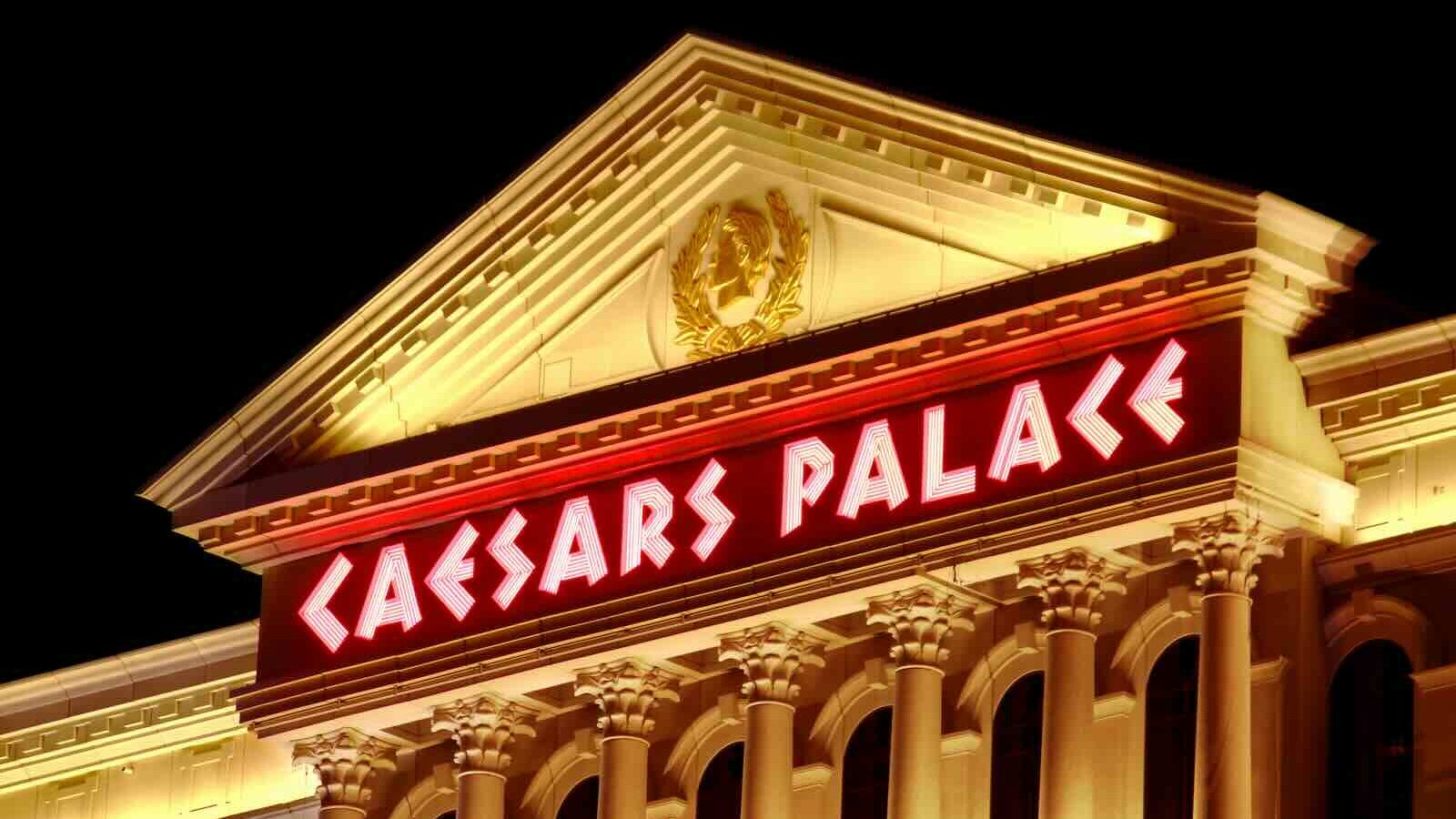
Caesars Entertainment has made a significant financial contribution to a campaign opposing the legalization of online sports betting in Missouri. According to records from the Missouri Ethics Commission (MEC), cited by iGaming Business, the company funneled $4 million into the newly formed political committee, “Missourians Against the Deceptive Online Gambling Amendment,” in a move that has intensified debate around the issue.
The committee was established on September 10, 2024, and just days later, Caesars made three separate contributions to the campaign. On September 13, the casino and sports betting operator divided the payments among its Missouri properties, the Isle of Capri Casino Booneville, Tropicana St. Louis (now the Horseshoe Casino), and Harrah’s North Kansas City.
The first two properties contributed $1.3 million each to the campaign; Harrah’s added another $1.4 million. This financial backing underscores the company’s firm stance against the state’s legal wagering initiative, known as Amendment 2, which will be on the ballot in November, despite legal challenges to the signatures gathered in support of the measure.
So far, Caesars is the only major casino operator in Missouri to have taken a clear and public stance against the legalization of sports betting. The initiative, primarily backed by the state’s professional sports teams, aims to legalize online sports wagering through platforms partnered with existing casinos and professional sports venues.
This initiative is supported by the state’s top-tier sports franchises, including the St. Louis Cardinals, who have actively pushed for legislation that would allow their stadiums to host digital betting platforms. The measure survived a legal challenge last week, ensuring its place on the November ballot. Yet, its passage is anything but guaranteed, given the mounting opposition from companies like Caesars.
The limitations of one
The limitation of one skin per casino under the initiative is a critical sticking point for companies like Caesars, which operates multiple properties in Missouri. Under the previous legislative proposal, Caesars, Boyd Gaming, and Penn Entertainment—all of which have multiple casinos in the state—would have been entitled to operate several platforms each.
If Amendment 2 passes, Caesars and Penn would be restricted to a single platform each. Boyd Gaming, which owns two casinos in Missouri, would also only be allowed one skin instead of two.
This reduction in the number of available platforms could limit the growth potential and flexibility for these casino companies in the digital sports betting and broader iGaming space, explaining their reluctance to support the initiative. Caesars’ $4 million contribution to the opposition campaign illustrates the high stakes involved for the company and its competitors.
Although Caesars hasn’t made a show of its support for the political committee, the financial backing is likely an attempt to demonstrate its disappointment in the proposed sports betting legislation. It’s also likely that it’s meant to express Caesars’ displeasure with the lack of iGaming progress in Missouri.
A long-standing stalemate
Missouri has debated the legalization of sports betting for over five years, but efforts to pass a bill have repeatedly faltered. At the heart of this legislative gridlock is the dispute over how sports betting should be regulated and who stands to benefit. Sen. Denny Hoskins has been a prominent, if not intractable, figure in the debate, advocating for the inclusion of video lottery terminals (VLTs) in the legislation, a move that has met resistance from other lawmakers and interest groups.
Three years ago, the state’s casinos and sports teams attempted to form a coalition in support of a bill that would have permitted each casino to operate up to three sports betting platforms, or skins. This effort collapsed, but the recent initiative, now known as Amendment 2, has reignited the debate. However, under the current proposal, casinos would only be allowed one platform, a significant departure from the previous agreement.
The initiative’s backers argue that legalizing sports betting would generate significant tax revenue for the state, create jobs, and provide a regulated alternative to the black-market gambling that already occurs. Advocates also highlight the potential for increased fan engagement with professional sports teams, which have embraced sports betting as a way to enhance the fan experience in other states where it has already been legalized.
However, the opposition, led by Caesars and the “Missourians Against the Deceptive Online Gambling Amendment” committee, contends that the initiative is misleading and could harm the state’s existing casino industry. By limiting the number of digital platforms available to each operator, opponents argue, the amendment would stifle competition and undermine the investments that companies like Caesars have already made in the state.


